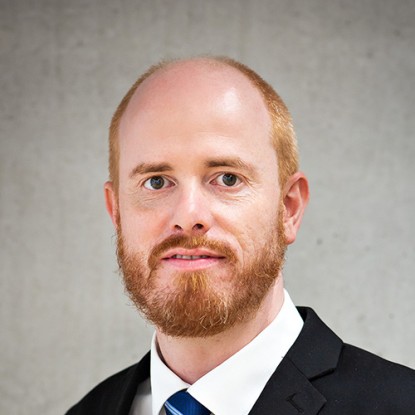Client-Server Privacy-Preserving Indoor Localization with Secret Sharing
Bachelor Thesis
Published in 19. International Conference on Security and Cryptography (SECRYPT'22)
Motivation
One of the most prominent techniques for indoor localization is called fingerprinting. However, the regular fingerprint localization schemes are not able to protect the privacy of the user and the service provider simultaneously. Several attempts have been proposed to overcome the issue, but many of them are insecure [1].
Provably secure privacy-preserving indoor localization can be achieved using secure two-party computation (STPC) techniques [2, 3]. However, these existing solutions still have severe disadvantages: [2] uses additively homomorphic encryption which results in substantial computational overhead in the online phase, and [3] relies on two non-colluding servers. A truly practical solution should work efficiently even in large-scale settings and without assuming non-colluding servers.
Goal
The goal of this thesis is to build highly efficient secure two-party computation protocols for privacy-preserving indoor localization in the client-server setting. This will be achieved by designing, analyzing, comparing, implementing, and benchmarking different schemes based on state-of-the-art STPC techniques that improve over [2, 3]. The aim is to compare and build different schemes that allow trade-offs between localization accuracy and efficiency, e.g., by altering the quantization of the signal strength [4].
Requirements
- Good programming skills in C/C++
- Basic knowledge in Android development
- Basic knowledge of secure multi-party computation is beneficial
- High motivation + ability to work independently
- Knowledge of the English language, Git, LaTeX, etc. goes without saying
References
- [1] Z. Yang and K. Järvinen, The death and rebirth of privacy-preserving WiFi fingerprint localization with Paillier encryption (opens in new tab). In IEEE INFOCOM, 2018.
- [2] R. Nieminen and K. Järvinen. Practical privacy-preserving indoor localization based on secure two-party computation. In IEEE Transactions on Mobile Computing (TMC), 2020.
- [3] K. Järvinen, H. Leppäkoski, E. S. Lohan, P. Richter, T. Schneider, O. Tkachenko, and Z. Yang. PILOT: Practical privacy-preserving Indoor Localization using OuTsourcing (opens in new tab). In EuroS&P, 2019.
- [4] P. Richter, Z. Yang, O. Tkachenko, H. Leppäkoski, K. Järvinen, T. Schneider, and E. S. Lohan. Received signal strength quantization for secure indoor positioning via fingerprinting (opens in new tab). In ICL-GNSS, 2018.
Supervisor
- Raine Nieminen, M.Sc. ( nieminen@encrypto.cs.tu-…)
- Prof. Dr.-Ing. Thomas Schneider ( schneider@encrypto.cs.tu-…)
Publication
Christopher van der Beets, Raine Nieminen and Thomas Schneider: FAPRIL: Towards Faster Privacy-Preserving Fingerprint-Based Localization (opens in new tab). In 19. International Conference on Security and Cryptography (SECRYPT'22), 2022.




